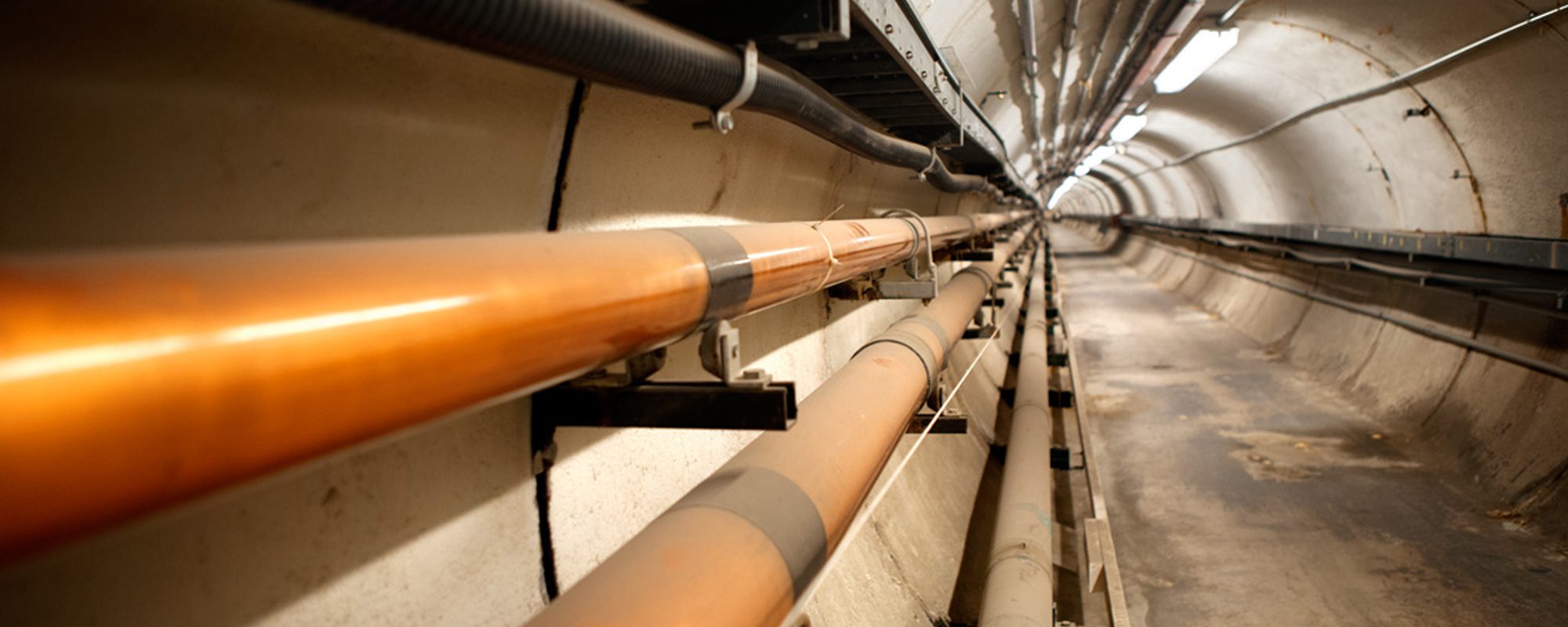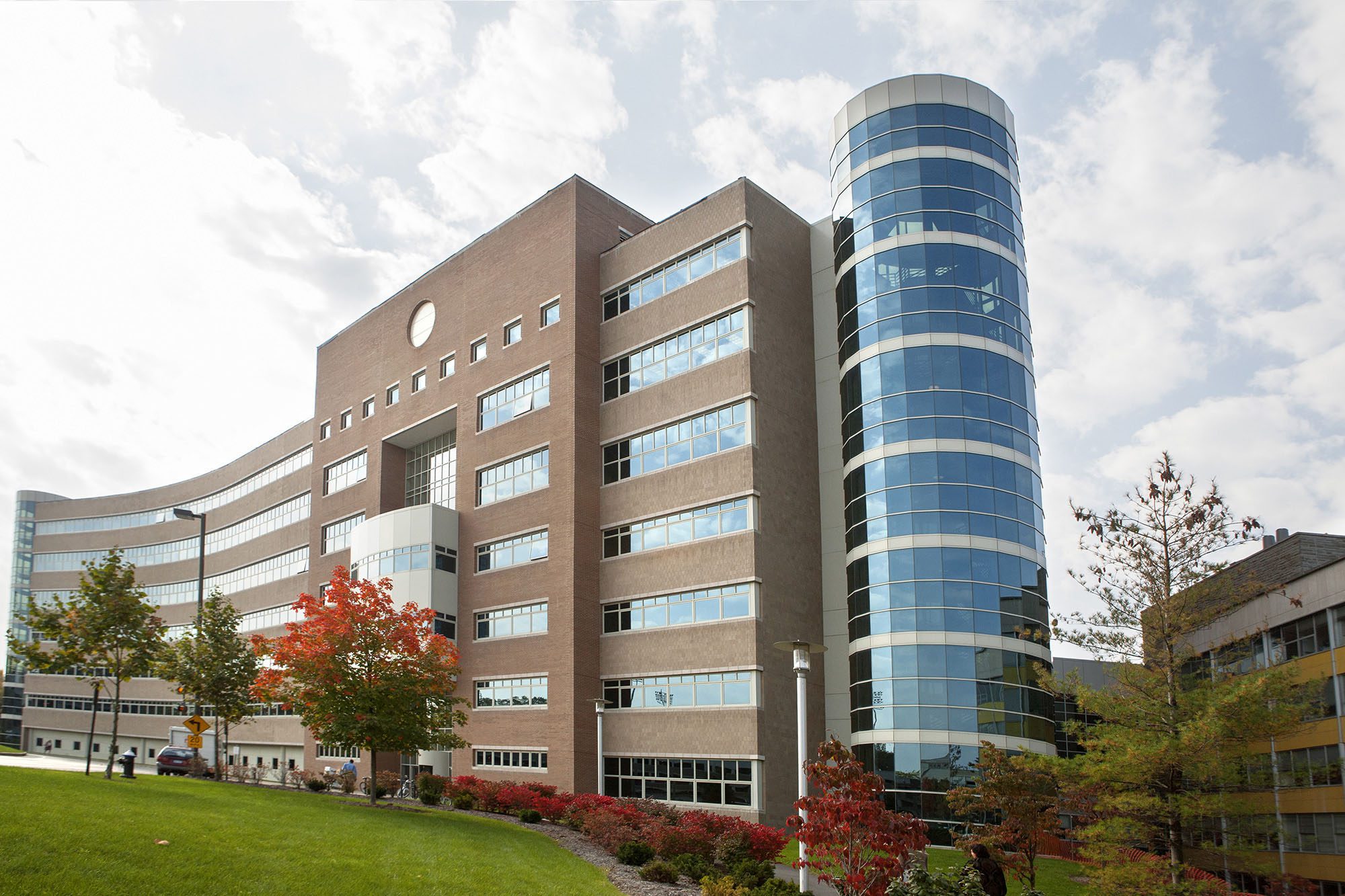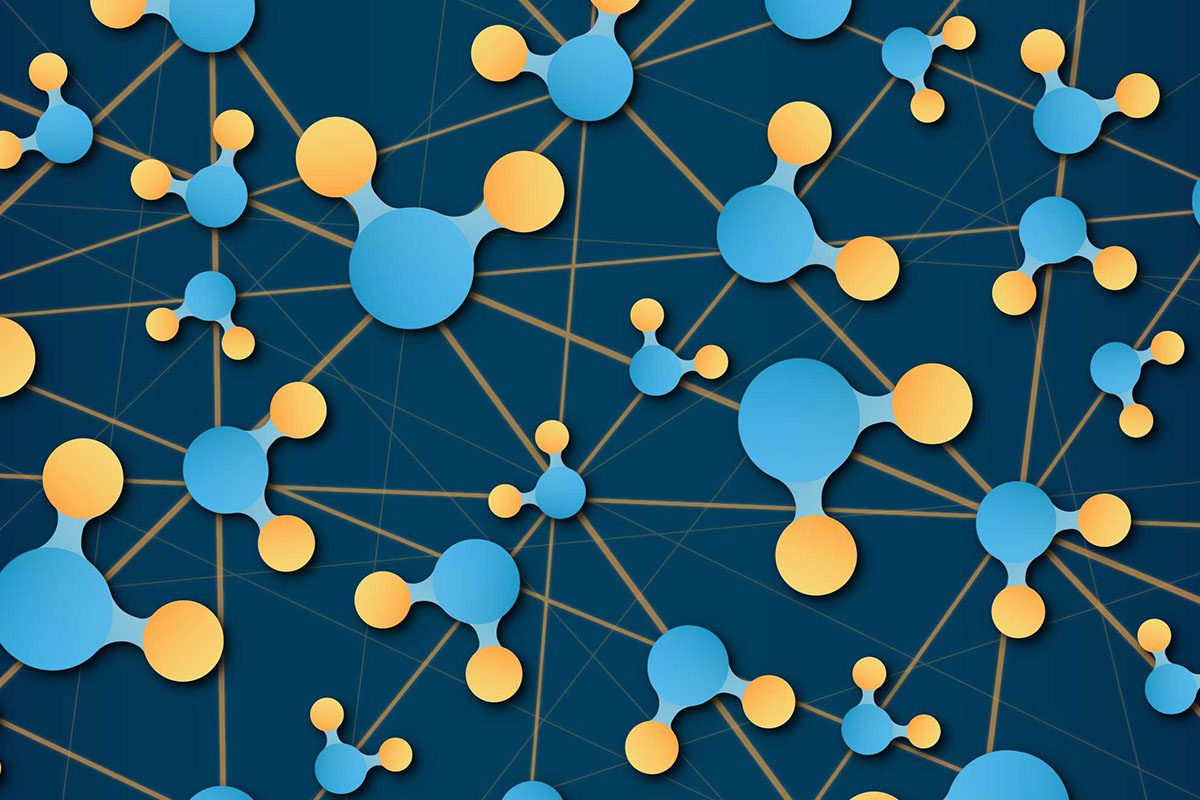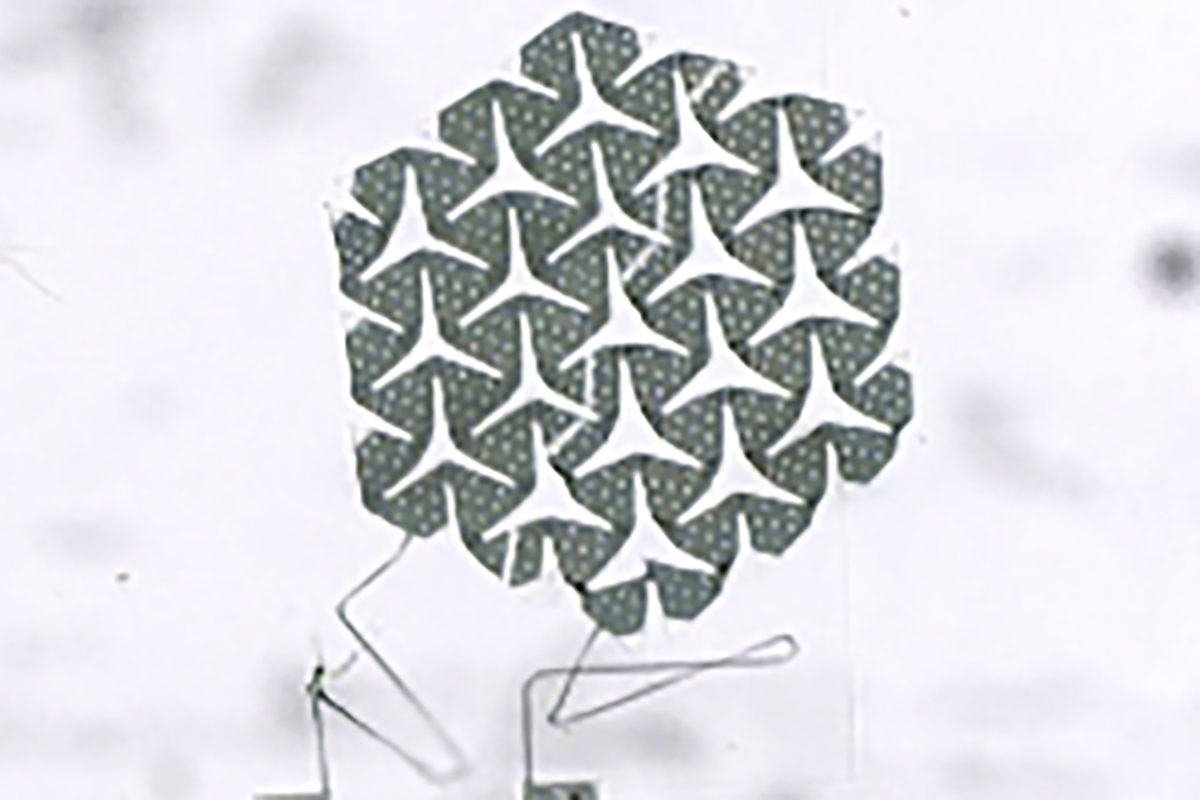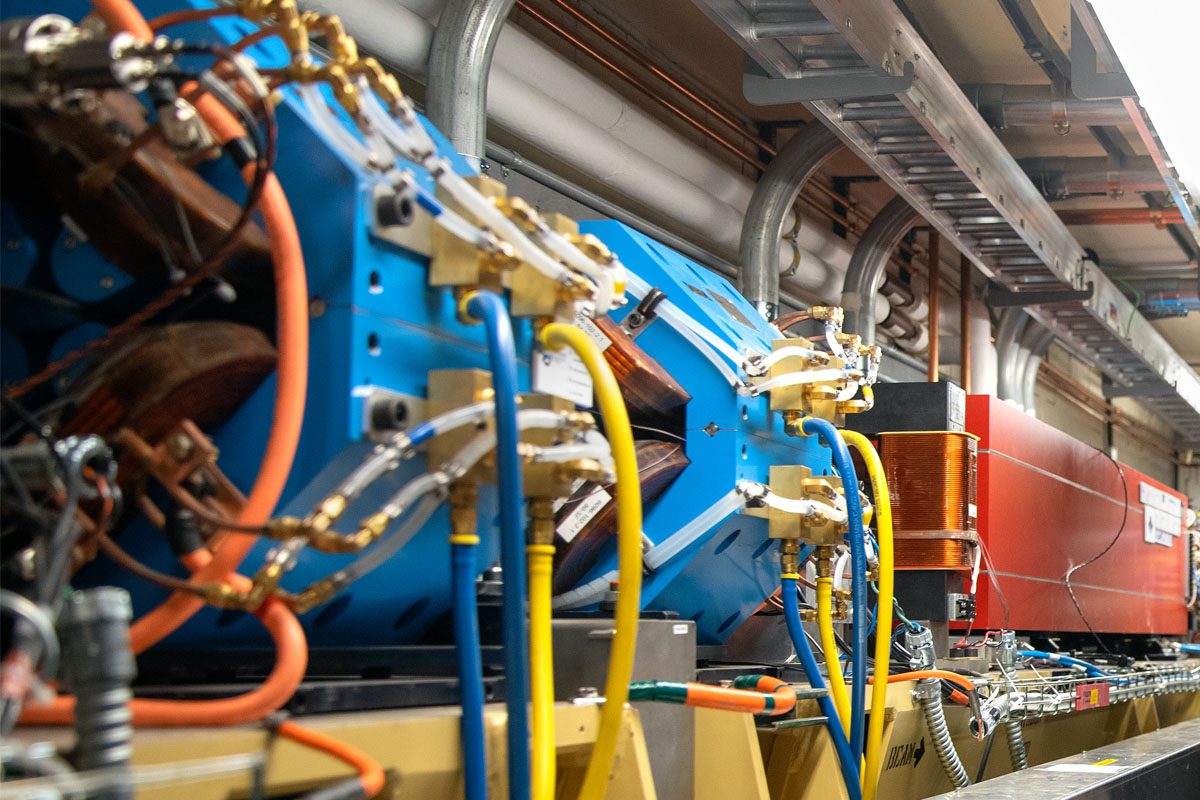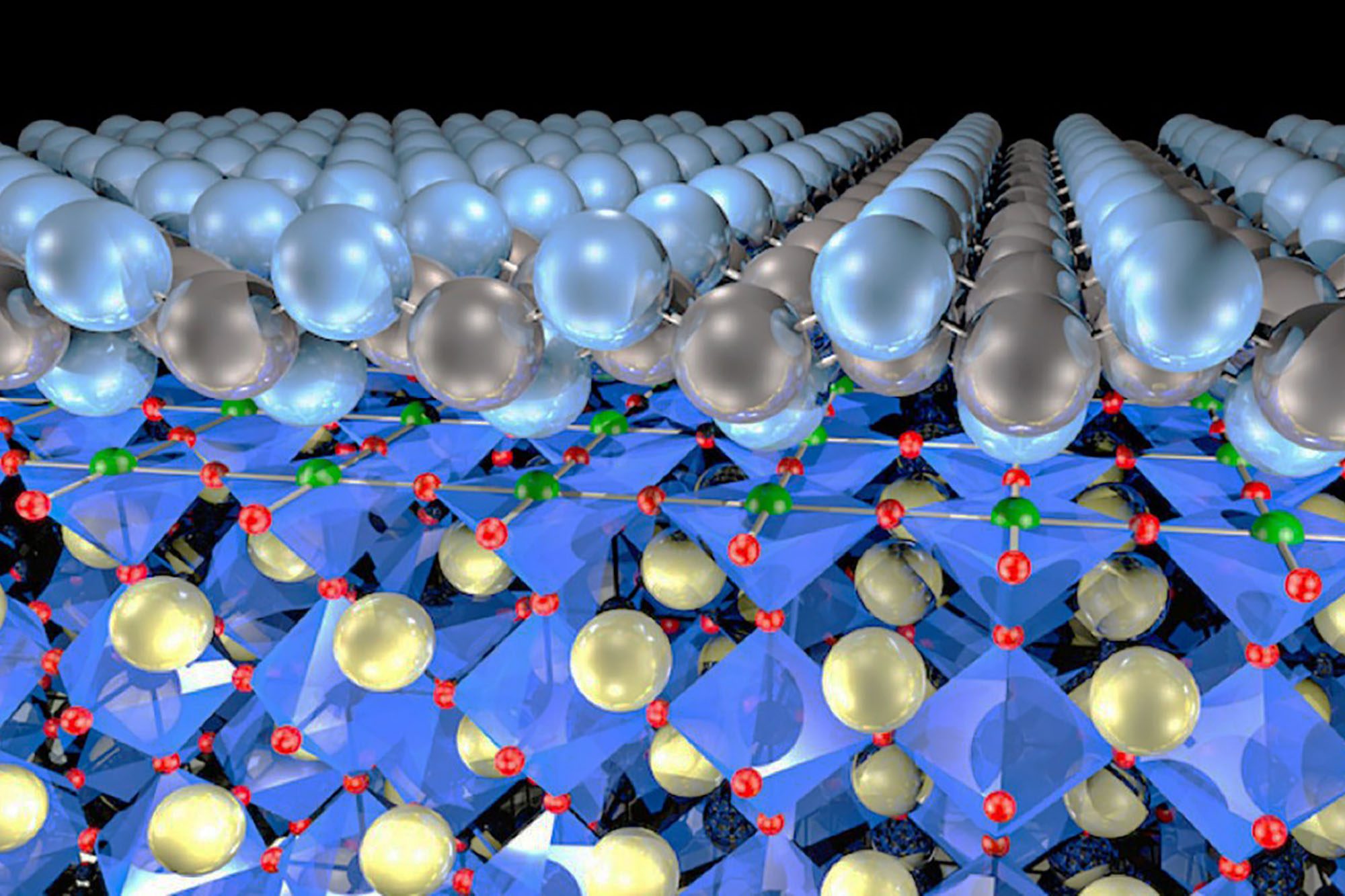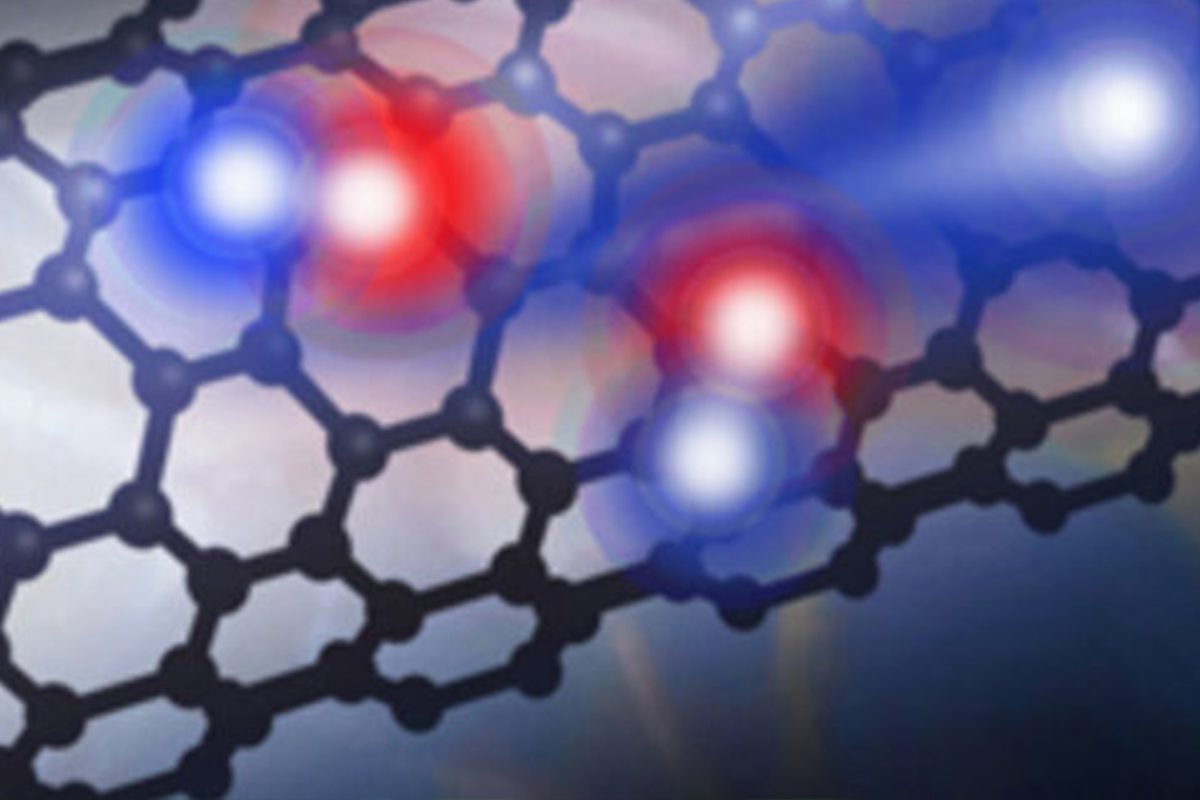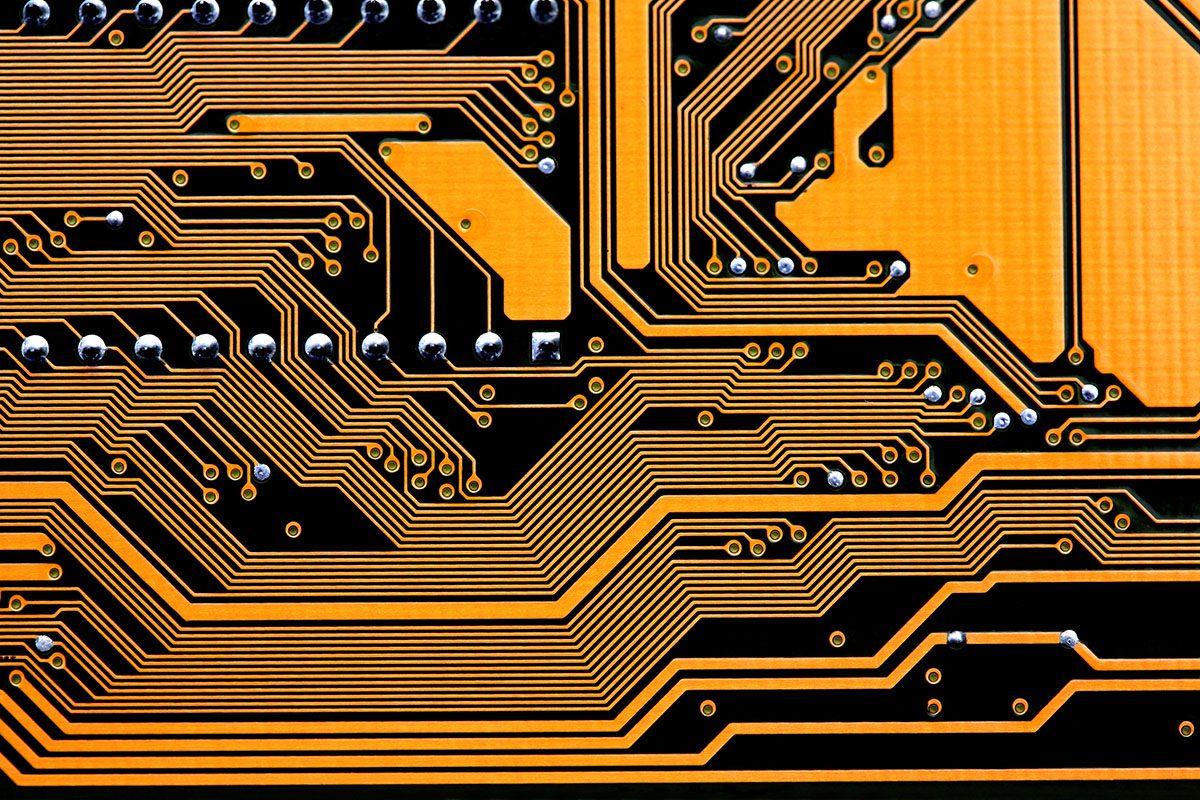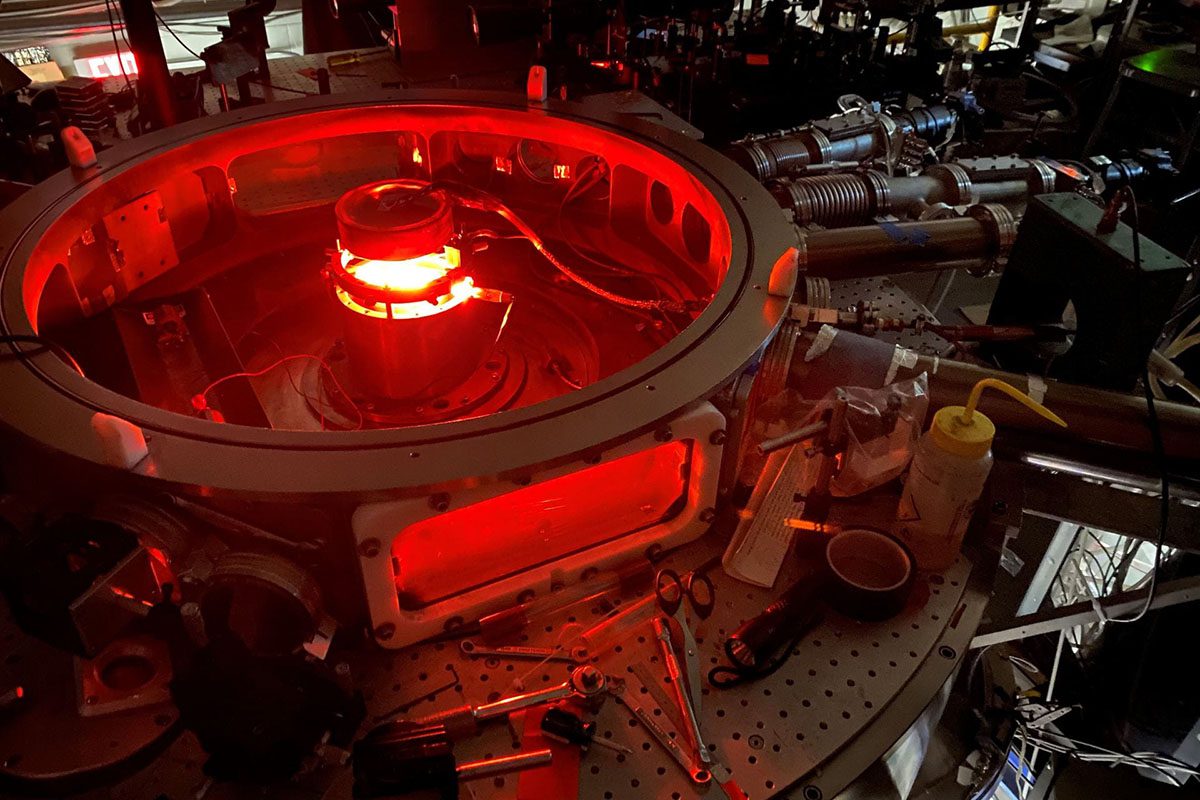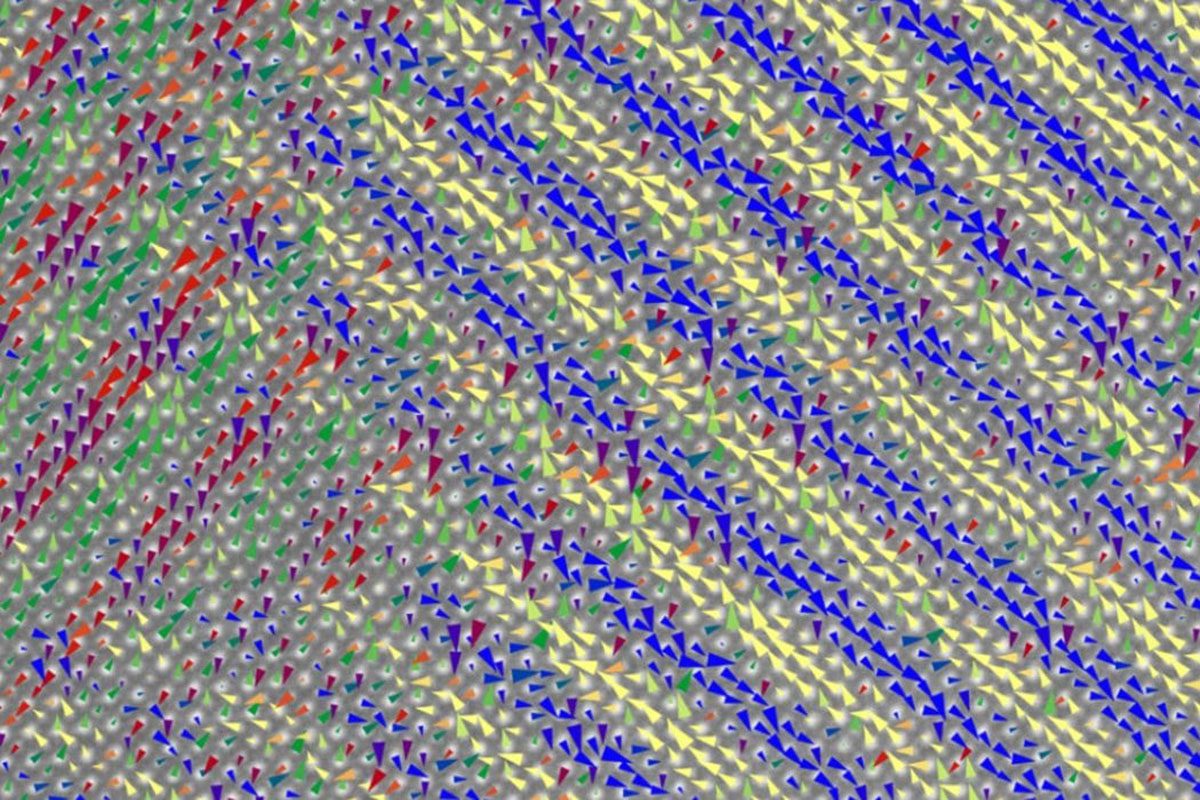Page Contents
- Center for Advanced Computing
- Center for Alkaline-based Energy Solutions
- Cornell Center for Materials Research
- Cornell High Energy Synchotron Source
- Cornell NanoScale Science and Technology Facility
- Kavli Institute at Cornell
- Laboratory of Atomic and Solid-State Physics
- Laboratory of Plasma Studies
- PARADIM
-
![Rhodes Hall in fall.]()
Center for Advanced Computing
The Cornell University Center for Advanced Computing is a leader in high-performance computing system, application and data solutions that enable research success. As an early technology adopter and rapid prototyper, the center helps Cornell researchers accelerate scientific discovery.
-
![]()
Center for Alkaline-based Energy Solutions
The Center for Alkaline-based Energy Solutions (CABES) is a coalition of scientists from different fields working together to advance understanding of how catalysis works at high pH. CABES has been carefully assembled from University and National Lab professors, scientists, postdoctoral associates, graduate students and partners to include the exact set of skills needed to address these questions. Its work will help advance the technology of low-cost, highly durable alkaline fuel cells, electrolyzer, and related devices, to enable that future energy system.
-
![Microscale kirigami robot]()
Cornell Center for Materials Research
The Cornell Center for Materials Research (CCMR) was established in 1960 as one of several federally-sponsored interdisciplinary laboratories devoted to the study of materials. Primary funding is provided by the National Science Foundation. Members of the center also receive support through individual grants and contracts from federal agencies, from foundations and from industrial sources.
-
![equipment at Wilson Synchotron]()
Cornell High Energy Synchotron Source
Supported by the National Science Foundation, the Cornell High Energy Synchrotron Source (CHESS) is a national laboratory that supplies synchrotron radiation capabilities to users in many scientific fields. It is the highest-energy synchrotron source currently available in the United States.
-
![A graphical illustration of how atoms stack in the material]()
Cornell NanoScale Science and Technology Facility
The Cornell NanoScale Science and Technology Facility (CNF) is a research center for nanostructures science, engineering and technology. It is supported by the National Science Foundation, the university, and industrial affiliates. It is one of the few U.S. university laboratories with a proven processing capability of a quarter-micron and below, and the only national resource with this capability that is open to visiting researchers from other universities and from corporate and government laboratories. It supports research and instruction in electronic and photonic devices, microelectromechanical devices, advanced materials processing, and biotechnology devices.
-
![]()
Kavli Institute at Cornell
Open to all members of the Cornell nano community, the Kavli Institute at Cornell (KIC)funds small, innovative teams to develop cross-cutting approaches to science at the boundaries of nanoscale imaging, manipulation, and control.
-
![close-up of circuit board]()
Laboratory of Atomic and Solid-State Physics
The Laboratory of Atomic and Solid State Physics is a major center for research in the area of condensed matter physics, founded in 1959. Current research areas cover nonlinear phenomena, liquid state physics, soft condensed matter physics, disordered and glassy systems, low temperature physics, nano-structures and quantum transport, phonons and two level systems, spectroscopy, charge transport, protein crystals, biophysics, general condensed matter theory, many-body theory, density functional theory, mesoscopic systems, liquid and solid helium, quasicrystals, superfluid helium, magnetic ordering, percolation, quantum computing, foundations of quantum mechanics, multiscale dynamics, and cellular biophysics.
-
![]()
Laboratory of Plasma Studies
Since its inception in 1967, the Laboratory of Plasma Studies has used powerful bursts of energy to create and study plasma – a state of matter in which atoms are ionized and their electrons become free. The lab was one of the world’s first high-energy-density plasma labs based at a university and has kept Cornell at the forefront of plasma science through the years.
-
![electron microscopy]()
PARADIM
PARADIM is the Platform for the Accelerated Realization, Analysis, and Discovery of Interface Materials. Using the latest tools, techniques, and expertise at world-class facilities, PARADIM allows users to design and create new materials that do not exist in nature with unprecedented properties for the next generation of electronic devices using theory, synthesis, and characterization.
